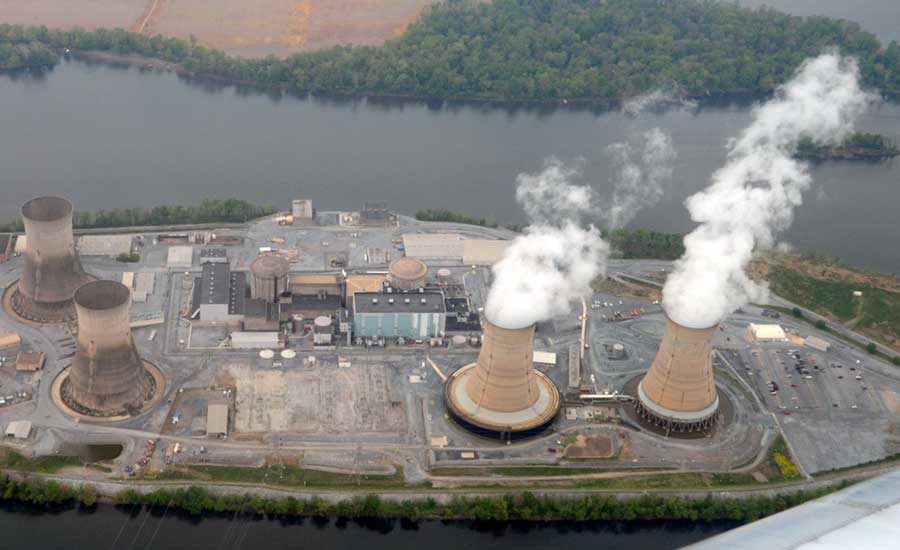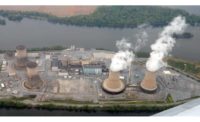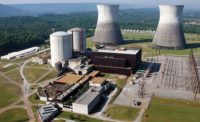Exelon will close its storied Three Mile Island Nuclear Generating Plant in 2019 if it does not receive state or federal subsidies to keep the plant open, the company said on May 30.
Exelon said it is terminating any capital investment projects required for the long-term operation of the plant and canceling its planned 2019 outage and turnaround.
Threatening to close a nuclear plant is a tactic the company has successfully used to secure subsidies in Illinois and New York for its struggling nuclear plants there. But Pennsylvania so far has not been willing to consider such subsidies and PJM, the regional transmission organization that coordinates the movement of wholesale electricity in 13 states, including Pennsylvania, strongly opposes such measures.
Exelon, though, is still pushing Pennsylvania legislators to include a zero-emissions credit or include nuclear energy in the state’s renewable portfolio standard.
“Like New York and Illinois before it, the commonwealth has an opportunity to take a leadership role by implementing a policy solution to preserve its nuclear energy facilities and the clean, reliable energy and good-paying jobs they provide,” said Exelon President and CEO Chris Crane in a statement May 30.
A caucus of state legislators that supports subsides said in a statement that closure of the plant would make it harder for the state to meet is clean energy and environmental goals. The plant currently produces 93% of the state’s emissions-free electricity.
Exelon’s announcement came a week after the 837-MW Three Mile Island plant failed to sell any of its electricity in PJM’s forward wholesale market for the third year in a row. Exelon says it has been losing money on the plant for five years as the expensive-to-operate nuclear plant can’t compete with cheaper natural gas.
The United States' worst nuclear accident at Three Mile Island was in 1979 when one of its units partially melted down. The accident chilled new investment in nuclear reactors for almost 30 years.
The plant employs 675 employees and hires 1,500 union workers for its refueling outages.





